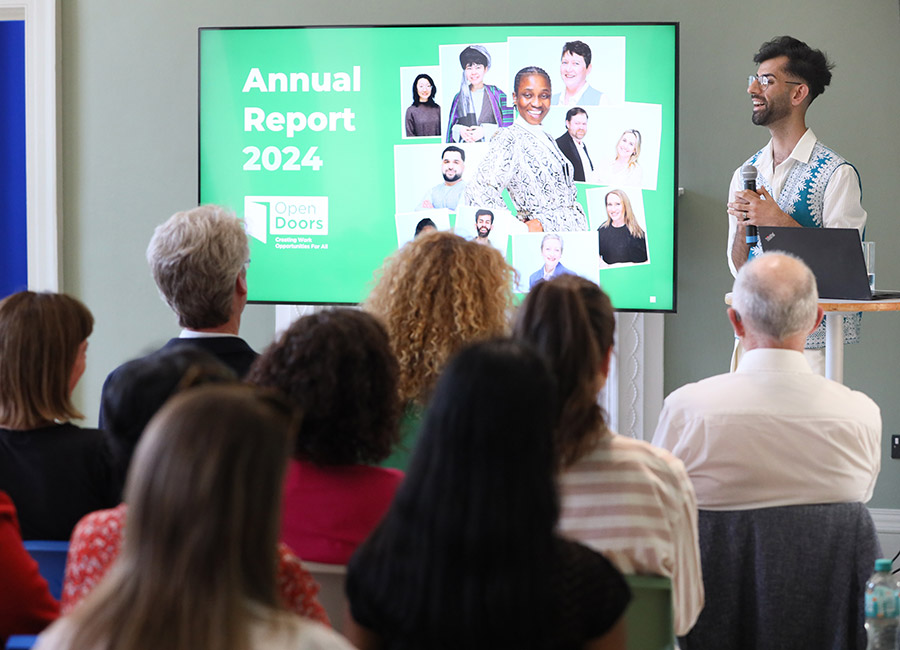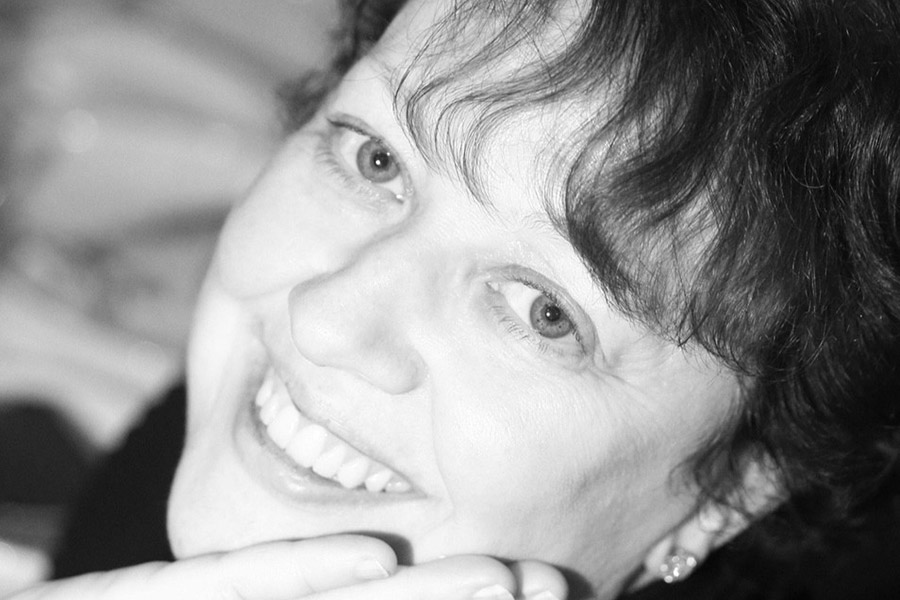Nearly 30,000 people engaged directly with the Open Doors Initiative (ODI) and its partner organisations last year.
The not-for-profit organisation, which is focused on creating pathways to education, employment and entrepreneurship for marginalised individuals, said in it annual report that 22,987 people completed an intervention led by ODI or a partners to enhance their employment prospects through the development of market-relevant skills.
A further 6,721 received mentoring by employees from participant companies, and ODI put on a total of 1,240 interventions for individuals from marginalised backgrounds.
As a result of the work of ODI, 1,685 people secured employment, an increase of 275% year-on-year, and 358 people entered paid internships (+244%).
A total of 47 businesses were established by 51 people who completed interventions to enhance their entrepreneurial skills, and 2,516 people progressed to further education training or other employment skills.
The 29,708 individuals supported by direct interventions last year represented an increase of 14% from 2023, but the report notes that many organisations highlighted the difficulty of tracking how many employees come from marginalised backgrounds as disclosure of such information is voluntary and based on personal choice.
A further 33,593 people have been supported by interventions funded by ODI partners, to the tune of €2.9m, and 8,270 people have been supported through 87 additional activities such as language support and accessible materials.
In all, 7,400 staff from participant companies spent 60,526 hours on interventions last year.
“Today, many people live with fear. Fear of change, fear of movement, fear of social upheaval. Some have to leave their homes and countries, some can’t live in a society which disables them, some fear walking on the street with their loved ones, some are not accepted in the place where they come from," said Jeanne McDonagh, CEO of ODI.
"World events are destabilising and are having a chilling effect on social impact and positive change. People and leaders are rescinding from their real values, to, as they see it, protect livelihoods and businesses in a tumultuous world.
"So how do we get the pendulum to swing back to consensus, stability and economic prosperity? We know that Corporate Social Justice, through understanding and responding to the lived experiences of the underrepresented, is key as is creating an environment where everybody thrives through the eradication of systemic inequalities.
"This is the future we need. We need to actively mitigate against harm and promote inclusion. Companies are catalysts for social change, and it is reflected in people acting with their values and choosing to support those companies that mirror them.”
ESB CEO and ODI chair Paddy Hayes said the report captures the "measurable progress" made by the initiative as well as "the lives we've touched, and the systems we've challenged.
"It tells the story of the collaborative impact of the companies, civil society organisations, public agencies, and individuals who have chosen to act and effect change.
"As we look to the future, the challenges remain real. But so too does our determination. The need for inclusive action has never been greater, and neither has the opportunity to be part of something meaningful.”
The Public Relations Institute of Ireland (PRII) last week opened applications for the 2025 Public Relations Bursary, run in partnership with ODI and Harris Public Relations.

The bursary offers a fully funded place on the PRII Diploma in Public Relations, along with a nine-month paid internship at Harris PR.
The internship includes professional mentorship, development planning, and all necessary equipment to support the recipient’s success.
Applications are open now and will close on Monday, 7 July 2025. Full eligibility criteria and application details can be found here.
Photo: Róisín Tolan and Fatima Aydin from Fragomen at the Open Doors Initiative 2024 annual report launch at the Irish Museum of Modern Art.









